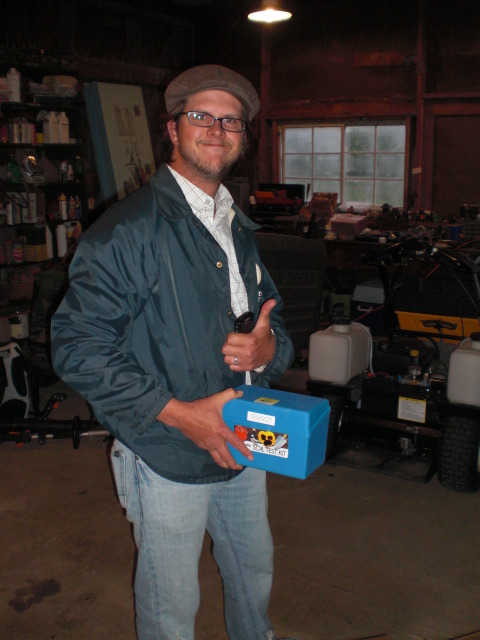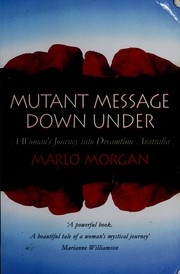
“Taste this,” I said to Dave, my best friend, as I handed him a glass of white wine. Dave is a beer drinker and rarely touches the fruit of the vine. But, ever ready to take a dare, he swallows it down. Then I shove a piece of bleu cheese into his hand, which he chews slowly, paying attention to the experiment that I’m laying down for him: “now taste the wine again…”
“Wow. That really changes things.”
Dave will never be a wine drinker, but a willingness to take on something new, be it through dare, curiosity, thrill-seeking, or social experiment, is an admirable quality.
Cheese and wine have a good long history of sharing the real estate of the table as fine neighbors. Fermented milk beside the fermented grape. Not much in common, except for the effects of time offering them each a transformational experience. So too, can it be for books!
I’ve never read as ravenously as when I moved to Boston. I graduated college, sold my car in Michigan and got on the train with less then $2,000 to my name, and moved away from my city in the mitten for the first time. Relieved of the rigors of academia, and all the split focus that it offers, subject beside subject, semester beside semester, workload of study beside workload of paycheck beside the social life of those urgent early 20s. So when I moved into a Boston flat with a couple of old friends who had married each other, life became a little more relaxed. Having a commute on buses and subways—never less than an hour from door to door—I could read any book of my choosing for several hours a day, and read them I did!
I began with the books that I’d started in college but hadn’t finished—though I was unencumbered in reporting on the portions I had read. Recalling the words of another friend, Jason—you should really finish books, the endings really make them—his insight became an obvious truth that propelled my appetite further. The World According to Garp, was the longest book I had ever read, and every page turned was an accomplishment and a delight. Garp was followed up with The Fourth  Hand, another John Irving yarn from later in his career, masterfully told, but more subtle and polished. It was a vertical tasting as the libation coinsurer would say of the same variety from different years.
Hand, another John Irving yarn from later in his career, masterfully told, but more subtle and polished. It was a vertical tasting as the libation coinsurer would say of the same variety from different years.
No pairing of texts has yet to strike me so fine as the pairing of Hunter S. Thompson’s Fear and Loathing in Las Vegas followed by Marlo Morgan’s Mutant Message Down Under. Both tales—presumably true—carry the reader along with the author through alien worlds. First HST drives us screaming down the boulevard of Vegas along with his lawyer while they consume every drug they can find, in hot pursuit of the ever-illusive American dream. Often dismissed as a story about drugs, it is Thompson’s gonzo journalism revealing the dream of a nation as a hyper-sensationalized delusion that ultimately matters. Insightful. Critical. Inside of all the madness as a willing participant who just can’t stand it. It’s a book that matters.
 And then there’s Marlo Morgan—the bleu cheese to the pino griggio—an anthropologist in service of the young Aboriginal people of Australia who are lost as they try to acclimate to city life. After catching the attention of a tribe who walks out of the desert, she is invited on a walkabout. She knows not where she’s going or when she will return. After burning her clothes and possessions, she is reliant on the tribe who call themselves the Real People and identifies white people and the alien culture they inhabit as Mutants. Far from the mutants of today’s cinema, the term in the context of the book reflects a sickness and a loss of connection with the planetary systems of life. Mutant Message is as easily dismissed for a story of “the noble savage” as Fear and Loathing is dismissed as a story of “aren’t drugs crazy?!?” Both dismissals are dead wrong. The reflecting mirror offered to MM of her own culture through the eyes of another is of extreme value.
And then there’s Marlo Morgan—the bleu cheese to the pino griggio—an anthropologist in service of the young Aboriginal people of Australia who are lost as they try to acclimate to city life. After catching the attention of a tribe who walks out of the desert, she is invited on a walkabout. She knows not where she’s going or when she will return. After burning her clothes and possessions, she is reliant on the tribe who call themselves the Real People and identifies white people and the alien culture they inhabit as Mutants. Far from the mutants of today’s cinema, the term in the context of the book reflects a sickness and a loss of connection with the planetary systems of life. Mutant Message is as easily dismissed for a story of “the noble savage” as Fear and Loathing is dismissed as a story of “aren’t drugs crazy?!?” Both dismissals are dead wrong. The reflecting mirror offered to MM of her own culture through the eyes of another is of extreme value.
“now taste the wine again…”
“Wow…”



